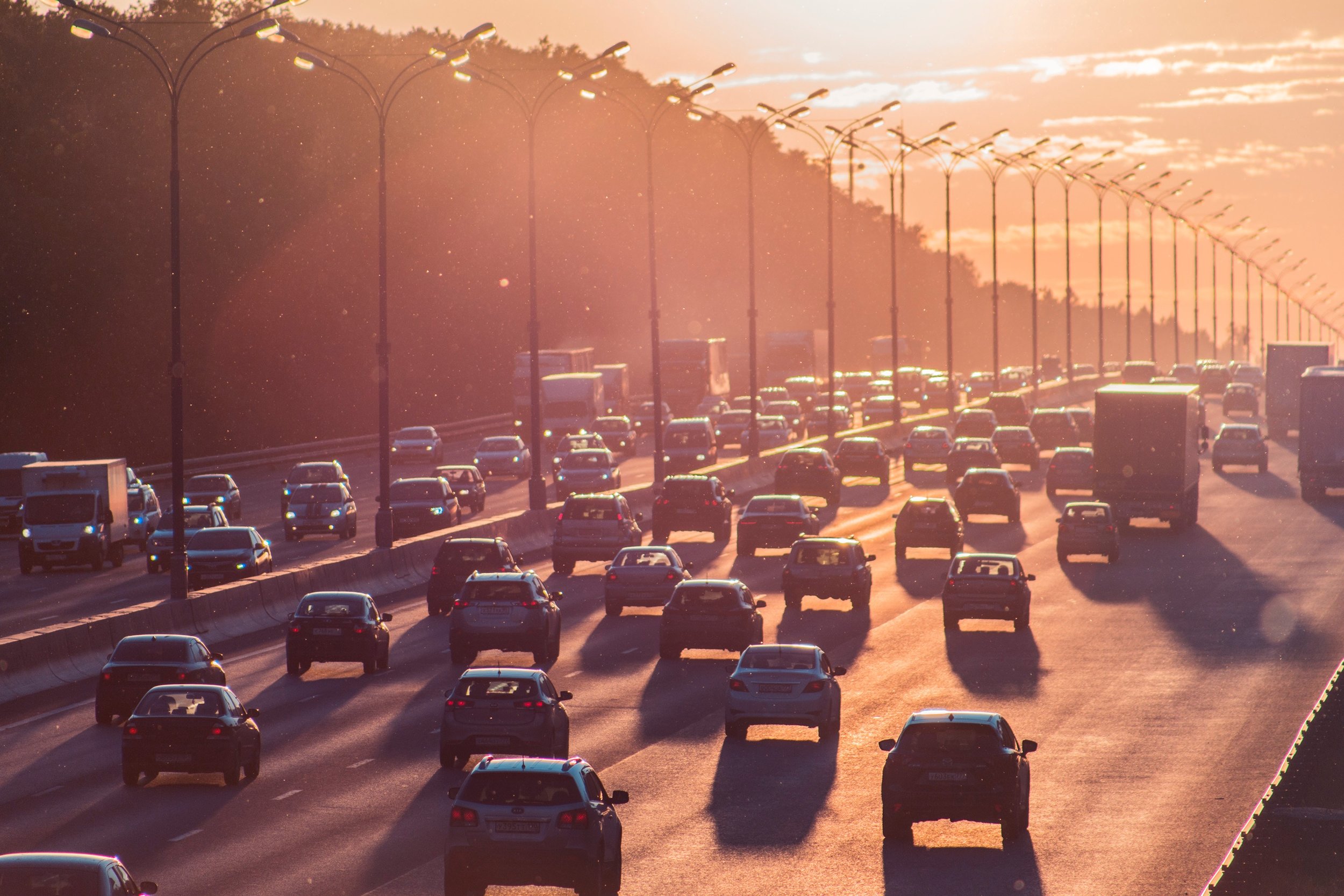Traffic fines are rising and though they may be a minor nuisance for some people, for most Americans traffic tickets are a large, unexpected and difficult to pay life-changing event. A recent report from the Lawyers Committee for Civil Rights SF highlights some of these problems. More importantly, this report and other recent research points to the need for a more equitable fine assessment system as well as a fairer, more realistic way to allow drivers to pay these fines.
Why are traffic fines such a problem?
Photo by Alexander Popov on Unsplash
Because traffic fines can be VERY expensive
For instance, traffic fines in the state of California can involve late penalties as high as $300 per ticket, on top of up to an often $1000 pre-existing fine. That’s equivalent to the cost of buying a top of the line iPhone.
And if you can’t pay these fines … your license gets suspended
So what if a driver finds it difficult to pay down these expensive fines … guess what? The state usually suspends your license. This is particularly idiotic because for many people a license is their primary means of earning an income. Suspending licenses for failure to pay places additional fiscal burden on these individuals since 78% percent of jobs in most states require a drivers license (such as driving for Uber). A penalty for failure to pay shouldn’t eliminate the drivers’ mechanism for generating income ... otherwise how do you expect them to pay?
Low-income individuals get hit harder with traffic fines. They tend to have a higher than average incidence of unreliable access to legal resources, limited English proficiency, learning disabilities and other limitations not of their own making. Even if they could scrounge up the funds and pay assessed fines and tickets, sometimes they don’t even know that they should be paying them. In the LCCR study referenced above, none of the California counties surveyed provided citizens any information about alternative options to pay, non- English language programs or places where people could obtain access to legal care.
There are better and more profitable options than license suspensions
If cities change their policies, for instance by eliminating license suspensions for failure to pay, economists estimate that states like California could generate $70-140 million in additional tax revenue from people who would be able to work with a drivers license. Additional related fiscal benefits to the state could include more sales tax revenue and reduced need for public benefits programs. Moreover, people who are able to work can pay down outstanding traffic fines.
Progressive policies also accept a reality of life: some people just can’t pay these expensive fines, especially lacking the means to make a living. A 2016 survey found that 63% of Americans don't have enough money in savings to cover a $500 emergency. If credit card companies and even that age-old example of bureaucracy, the IRS, can provide for partial payment plans, why can’t state DMV’s? A payment plan allows drivers to pay at least some small amount per month and lets the DMV collect something (rather than nothing at all). Payment plans help avoid the problems associated with license suspensions noted above.
What can you do?
Advocate with your state legislature to lower the dollar amount of fines. People shouldn’t be paying hundreds of dollars for traffic infractions that don’t threaten safety and well-being. Advocate with your city to pressure the DMV to allow for partial payment plans if that option doesn’t exist in your state. The same goes for adding webpages to the DMV website that make paying a fine easy for those with limited English proficiency.
A lot of work remains to be done on this issue - but none of these problems are insurmountable and many of the fixes are quick, easy, and result in immediate positive impact for affected communities.
Plus who doesn’t like paying less in traffic tickets amirite?
